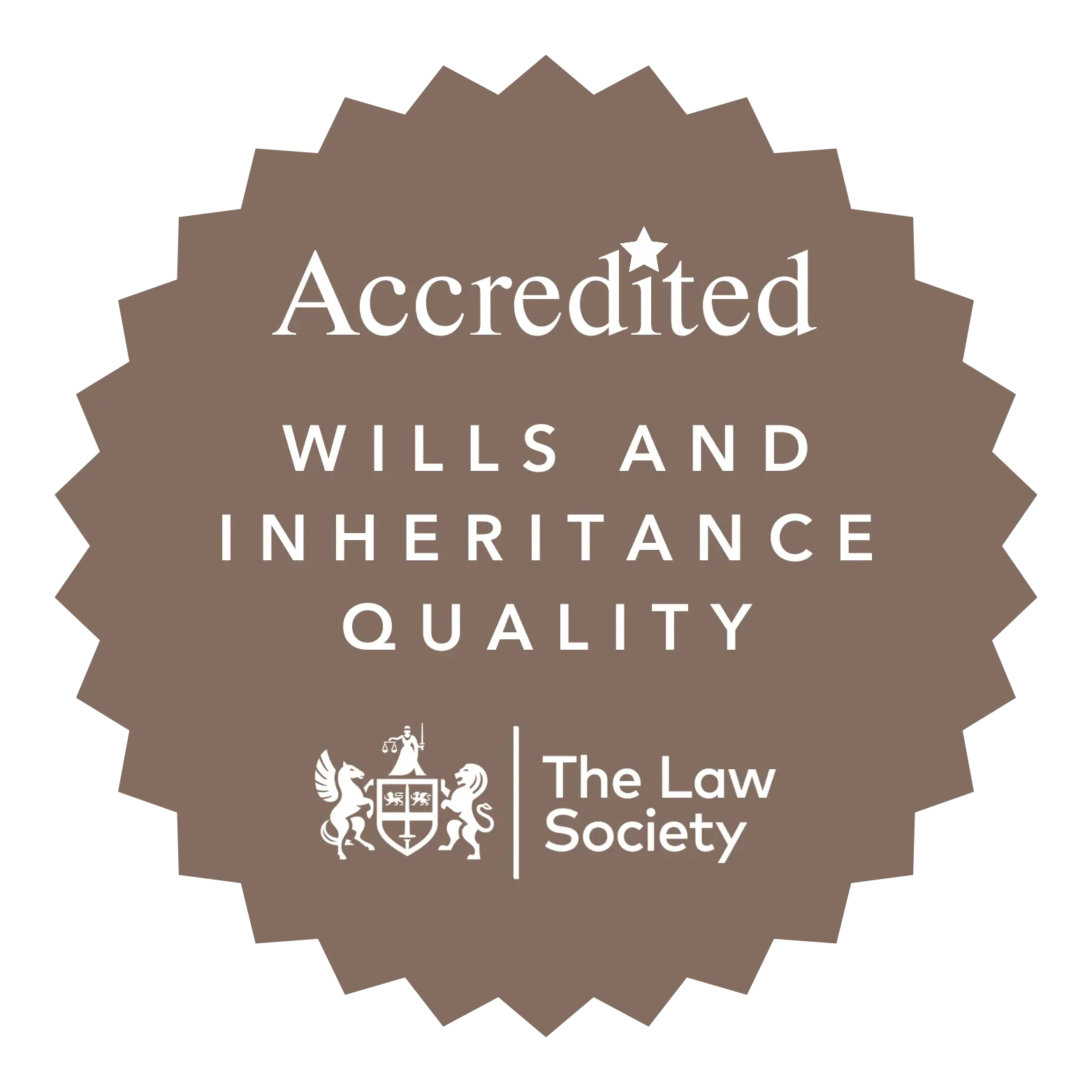Asset Protection
Need Help?
Call 0330 912 8338 to have a no-obligation chat with our expert Asset Protection Team. They’ll be happy to talk through the process with you, explain what we do, and answer any questions you have.
Alternatively, you can email us with your query and we’ll help in any way we can.
Why Choose Atkins Dellow as your Asset Protection Solicitors?
Care
Regardless of the challenges, we look after your interests.
Trust
Clear-cut solutions to put your mind at ease.
No Legal Jargon
No jargon. We speak in plain English just like you.
Local Solicitors
We have a solicitor near you. Come to us or we’ll come to you.
Asset Protection FAQs
What is Asset Protection?
Asset protection is an umbrella term for the strategies and mechanisms which might be employed to manage one’s estate to ensure assets are preserved and pass in the most tax efficient manner to your intended beneficiaries.
What kinds of trust are used in Asset Protection?
Common types of trust to protect assets are “life interest trust” and “discretionary trust” and can be set up during lifetime or on death, though for lifetime setup, there are immediate tax implications to be aware of.
What can trusts protect against?
A trust can be a great measure a part of a comprehensive strategy to protect against:
- Spouse/civil partner remarries and e.g. jointly owned property (under joint tenancy) passes to their new partner/children;
- Spouse/civil partner becomes bankrupt, and their assets are soaked up by debts;
- Spouse/civil partner moves into a care home – care fees would be assessed from their total assets, including any inherited such that the money/those assets are not passed onto the beneficiaries;
- Limits unnecessary Inheritance Tax in certain circumstances;
- Reduces or avoids the Probate cost in administering assets upon death.
Meet our Team of Wills, Trusts & Probate Specialists
Related Insights
How to Appoint a Legal Guardian for my Child if I Die – UK Guide
Nearly two-thirds of adults don’t have a Will with a named legal guardian for their children – this can mean that your child/children could be left with someone you wouldn’t necessarily have chosen yourself. When creating or updating a Will with a Wills Solicitor,...
How to reduce Inheritance Tax by making lifetime gifts to children
On a basic level, estate planning involves reducing the value of your estate to mitigate Inheritance Tax (IHT) payable upon your death. One way of doing this is to make lifetime gifts to your children. Potentially Exempt Transfers (PETs) and the 7-Year Inheritance Tax...
Navigating Family Disputes Over Ashes in the UK
Challenges in Dealing with Deceased's Remains Who has the right to deal with my body after I die? With the news that the Law Commission is set to review the “ancient laws” over what happens with a deceased’s remains, we look at the current state of affairs in this...
Still Need Help?















